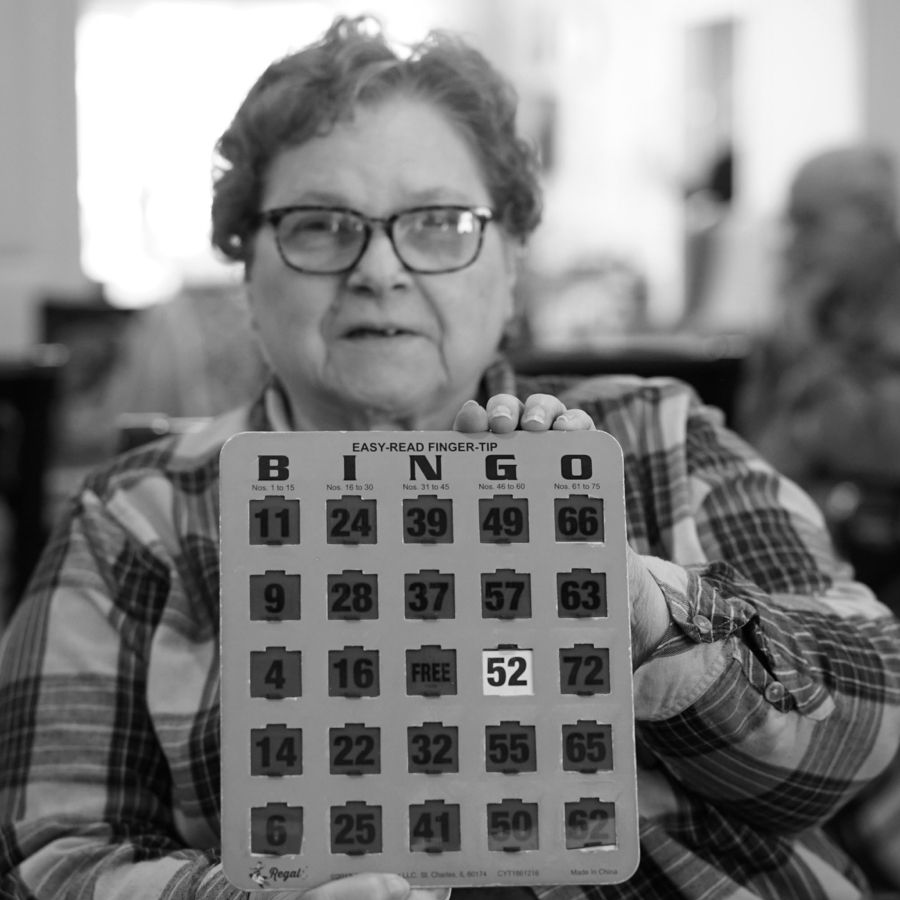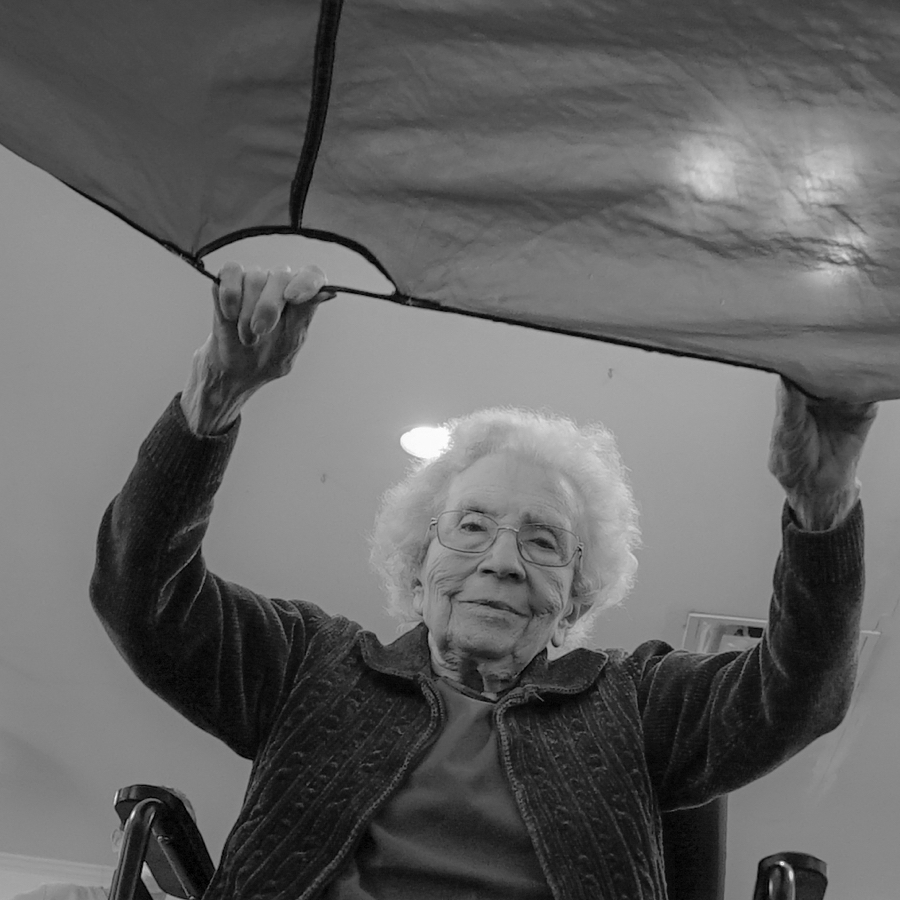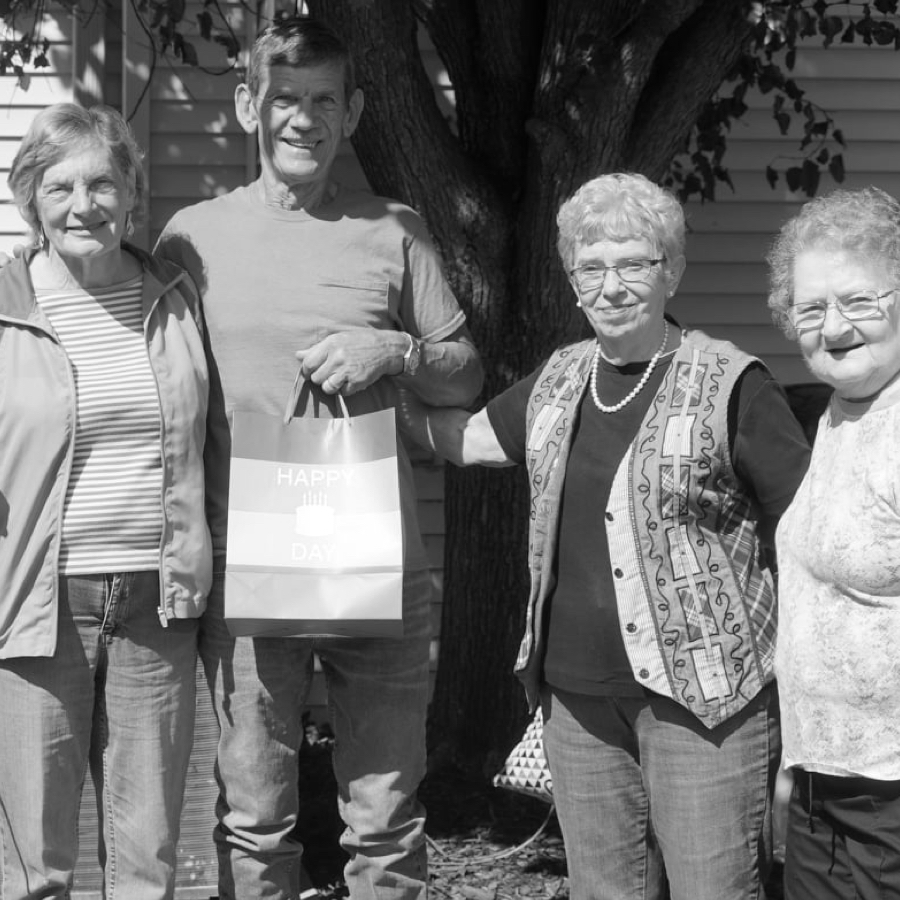Helping Families Navigate the Memory Care Journey
Whether you’re newly facing a family member’s diagnosis or have been caring for a loved one for some time, Through Their Eyes offers the peace of mind your entire family deserves.
This starts with providing families like yours with a comprehensive understanding of cognition-based conditions, how they progress, and what can be done to preserve your loved one’s well-being and security.
If you’re seeking guidance, understanding, or simply a listening ear, remember that you’re not alone. Let us help light the way forward. Find a community near you today and take the first step towards helping your loved one live the life they deserve.
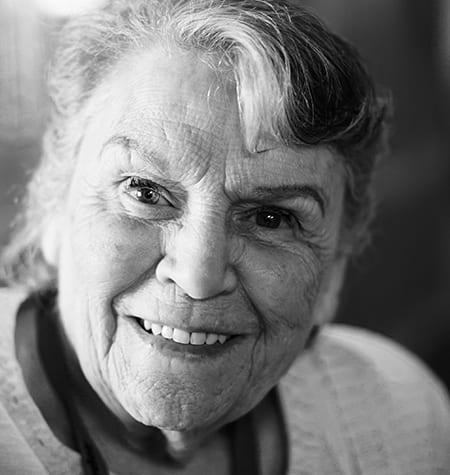

What Is Dementia?
Dementia is a group of neurological conditions that affect cognitive function. It leads to a decline in memory, reasoning, and the ability to perform everyday tasks. It can progress over time, affecting not just the individual but their families as well.
As dementia progresses, it can change the personality and behavior of your loved one and may require professional support and care to manage daily living needs.
Signs Your Loved One May Be Developing Dementia
Recognizing the early signs of dementia is crucial for seeking timely support and intervention.
If you notice any of these signs, it’s important to consult a healthcare professional for assessment and guidance on managing these symptoms effectively as part of living well with dementia.
Memory Loss
Memory loss is one of the most common early symptoms of dementia. It often involves forgetting recently learned information, such as the names of people or places, or important events, like appointments or birthdays.
Difficulty Completing Familiar Tasks
As dementia progresses, individuals may find it increasingly challenging to complete familiar tasks, both at home and at work, such as buttoning clothes, typing, or using kitchen appliances.
Challenges with Speaking or Writing
People with dementia may have trouble following or joining a conversation. They may stop in the middle of a conversation and have no idea how to continue.
Withdrawal from Work or Social Activities
As dementia progresses, individuals may become increasingly withdrawn from social activities, work projects, or hobbies that they once enjoyed. They may void social gatherings or participating in activities that require cognitive or social skills.
Difficulty Solving Problems
As dementia progresses, individuals may experience increasing difficulty solving problems. This can manifest in various ways, such as struggling to follow a recipe, balance a checkbook, or use a remote control.
Confusing Times & Places
People with dementia may experience confusion about time and place, often losing track of dates, seasons, and the passage of time. They may also become disoriented in familiar surroundings or believe they are somewhere else entirely.
Decreased or Poor Judgment
People with dementia may experience decreased or poor judgment, which can affect their decision-making in various areas of life, including their personal hygiene and finances.
Changes in Mood & Personality
People with dementia may experience significant changes in their mood and personality. They can experience emotional outbursts, become more withdrawn, anxious, or suspicious, or start wandering, hoarding, or resisting care.
Most Common Types of Dementia
Dementia is a collective term for several conditions, each resulting from unique changes in the brain.
There are several types of dementia, each of which can develop and manifest in unique ways.
Alzheimer’s Disease
Alzheimer’s disease is the most common type of dementia, accounting for 60–80% of cases. It is a progressive brain disorder that affects memory, thinking abilities, and behavior. As it progresses, individuals may have difficulty with daily tasks, struggle with communication and language, and experience changes in mood or personality.
Early-onset Alzheimer’s-type dementia occurs before age 65 and decline is usually rapid and severe.
Parkison’s-Related Dementia
Parkinson’s dementia is a subtype of dementia that develops in individuals with Parkinson’s disease. It typically occurs after the onset of movement symptoms, such as tremors and stiffness.
Symptoms include memory loss, trouble with balance and coordination, difficulty speaking or swallowing, and changes in thinking abilities.
Other Forms of Dementia
We’re here to support residents living with a range of different cognitive conditions, including:
- Vascular dementia is caused by reduced blood flow to the brain, usually due to stroke or other cardiovascular diseases. It progresses in steps, with periods of baseline functioning followed by sudden declines.
- Frontotemporal lobe dementia affects the ability to control behavior and speak and understand speech, leading to changes in behavioral and verbal responses.
- Lewy body dementia involves the buildup of abnormal proteins in the brain, leading to problems with movement, thinking, and behavior. Hallucinations and delusional thinking are common, and typical psychotropic medications may exacerbate symptoms.
- Mixed dementia occurs when a person has 2 or more types of dementia, most commonly Alzheimer’s and vascular dementia. Symptoms can vary depending on the types of dementia present.
How Dementia Progresses
Families are most concerned about these changes because they impact not just the individual with dementia but also the dynamics of family relationships and caregiving responsibilities.
Dementia can develop in 3 stages. Understanding these stages can help in planning for appropriate care and support throughout the disease’s progression.
Stage One
- Mild forgetfulness or memory lapses.
- Difficulty with complex tasks.
- Slight changes in personality or social withdrawal.
Stage Two
- Difficulty with complex tasks.
- Poor concentration.
- Impairment of reason and judgment.
- Anxiety about symptoms.
- “Inappropriate” and “embarrassing” behavior.
Stage Three
- Severe memory loss, including major life details and names of close family.
- Severe irritability, agitation, and violent episodes.
- An inability to handle anything beyond simple, structured, and familiar situations.
- Possibility of being totally dependent alongside the loss of basic daily living skills.
- Significant personality changes including paranoia, hallucinations, and obsessive behavior.

Take the Journey Together
Joining a community of families who are navigating similar experiences can provide not only practical advice but also emotional solace during this journey. Don’t navigate this path alone; find a community today that can support you through each stage of dementia.
An Enriched Lifestyle
Safety & Security
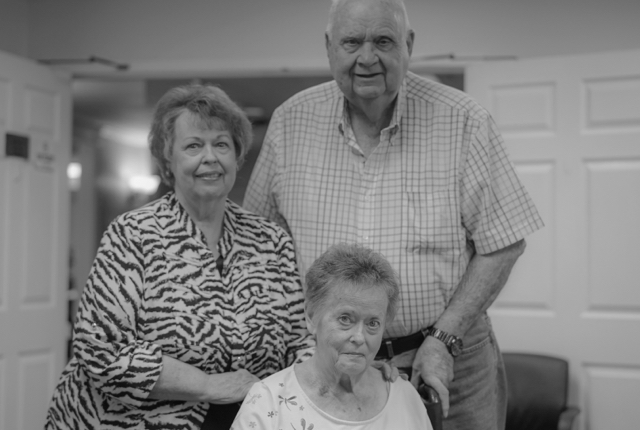
See how we keep our communities uncluttered, organized, and free from the common risks associated with all forms of dementia.
Security & SafetyWellness & Dining
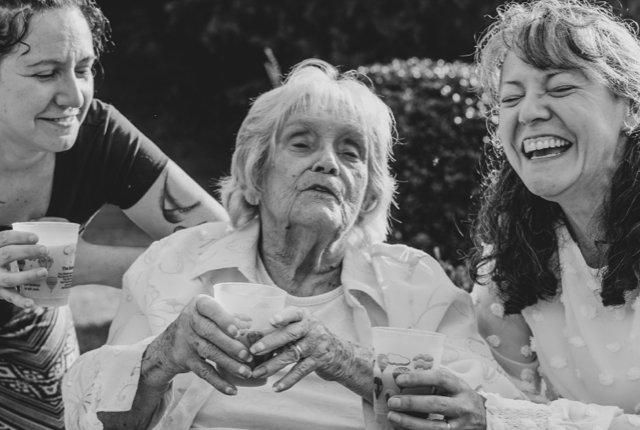
Learn about our unique wellness programs and tasty dining experiences that cater to our residents’ unique needs and preferences.
Wellness & DiningEvents & Engagement
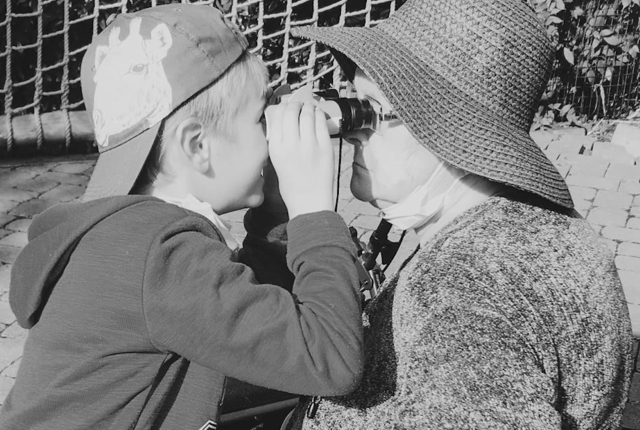
Find out about the exciting events and activities we offer to keep our residents engaged, stimulated, and connected with others.
Events & EngagementContact Us


